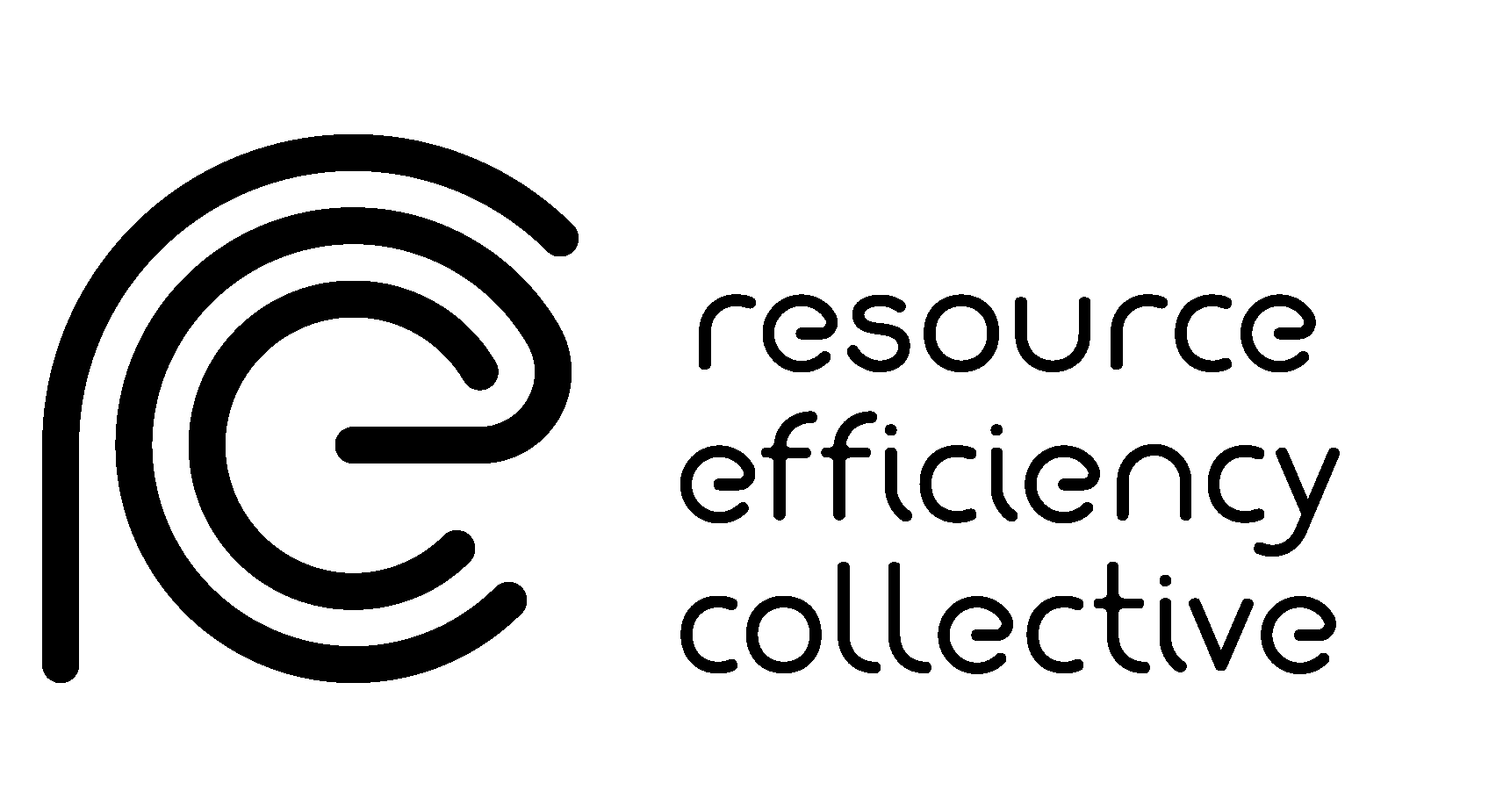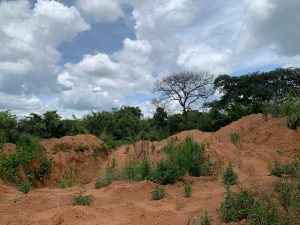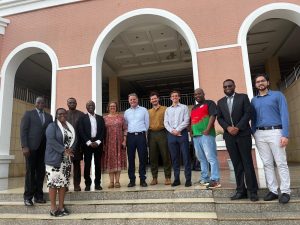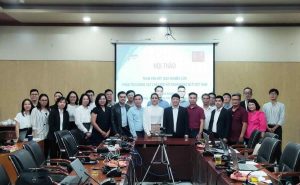Value addition for who? Challenges to local participation in downstream critical mineral ventures in Zambia
The transition to low-carbon systems requires a secure supply of enabling technologies (e.g. renewables, batteries) and their components, which depend on various minerals. Governments are urgently seeking to secure these minerals by forming and augmenting strategic relationships with mineral-rich nations, particularly in Africa. Notably, the UK, EU and USA are encouraging value addition to take place within Africa, to balance their interests against China’s dominating position in processing and manufacturing. In parallel, there is interest and debate as to how these mineral endowed countries can maximise the positive outcomes from harnessing value addition activities for the local economies. In this viewpoint, we argue that creating downstream high-value industry should be centred around prioritising local company participation. This is important since many African countries continue to experience unfavourable neocolonial impacts and dependencies, particularly in the extractives sectors. We draw on the case of Zambia, which is developing an agenda for local value addition to drive economic transformation and diversification goals. From discussions with in-country experts we highlight three key challenges, which have wider regional relevance: (1) a persisting dominance of foreign-owned entities in the upstream extractives sector; (2) an unfavourable landscape for local company participation; and (3) a lack of enabling environment for value addition activities. Based on these challenges, we offer some areas for policy reform and future research.
Click here to read the full paper by Karla Cervantes Barron a1, Rebecca K.M. Clube b1, Roseta Chabala c, Mwansa Matokwani d, Mulenga Joseph Chikwamo e.













